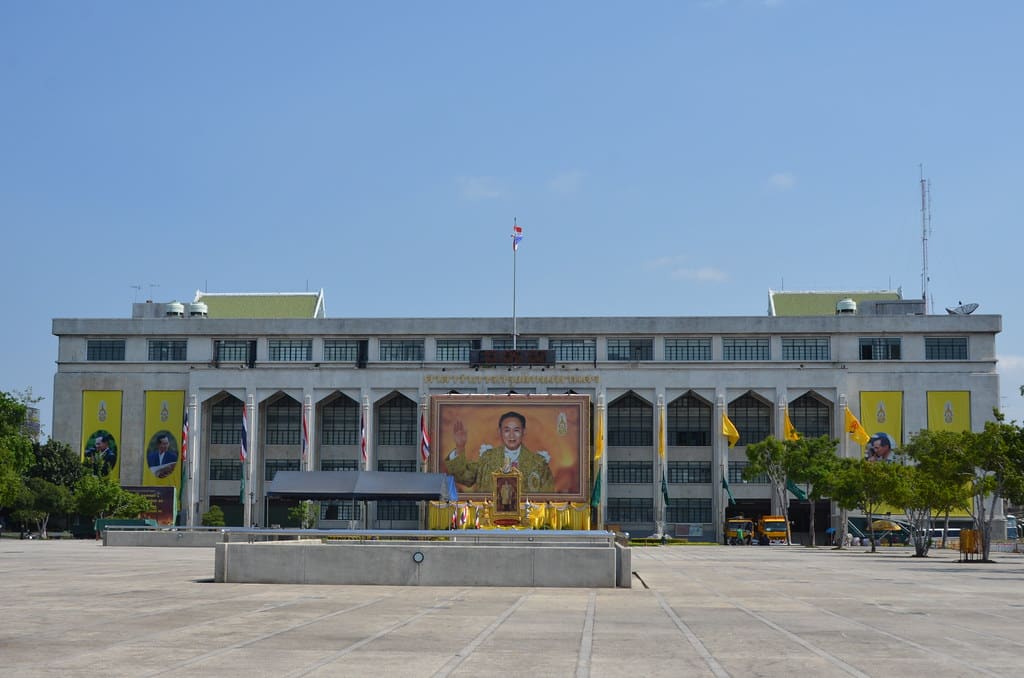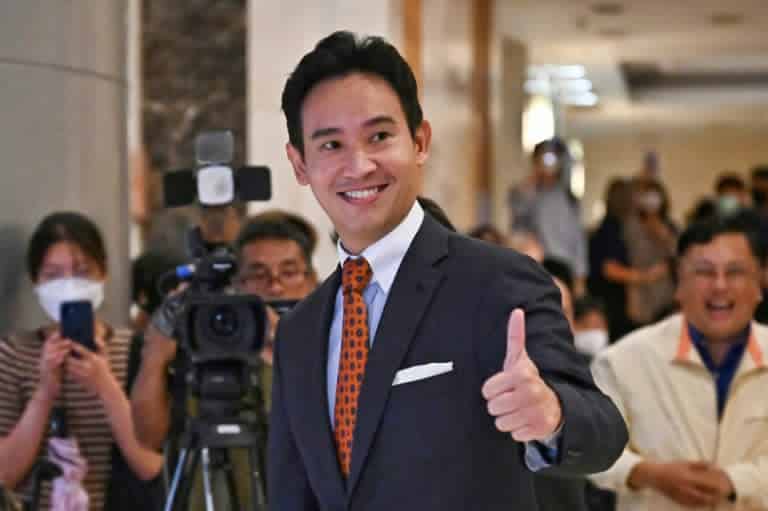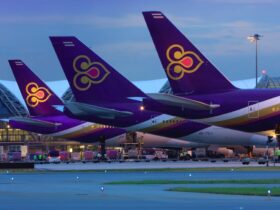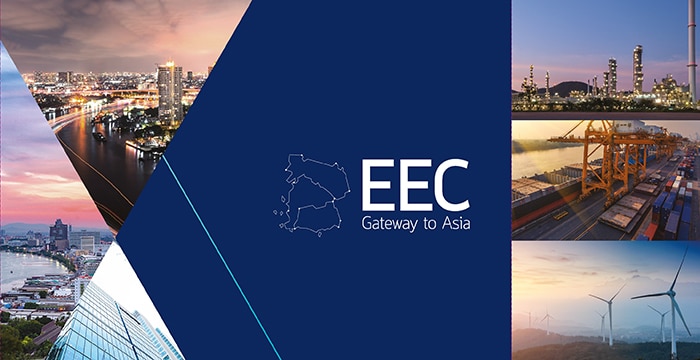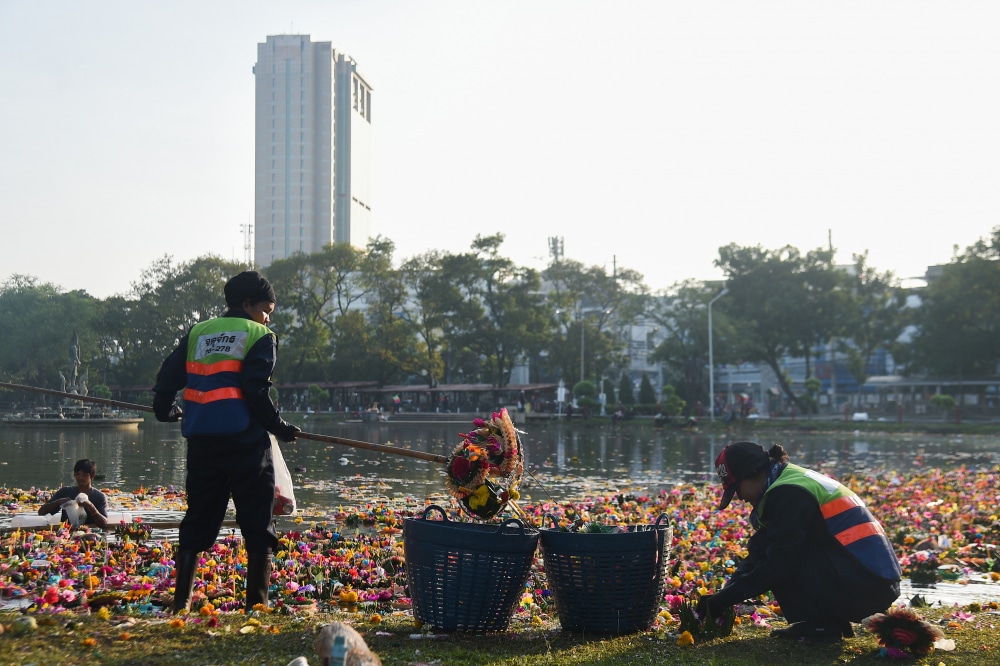The drive to transform Bangkok into a thriving multinational hub is gaining substantial momentum, as the Bangkok Metropolitan Administration (BMA) sets its sights on securing government support for this ambitious initiative. Bangkok Governor Chadchart Sittipunt recently made a significant announcement, revealing the BMA’s intent to align its policies with those of the government in a bid to invigorate the city’s economy and foster job creation.
In a press briefing that underlined the pivotal role of cities as bustling labor markets, Chadchart articulated the strategy’s core principle. He emphasized the critical connection between urban populations and employment opportunities, highlighting that people are drawn to urban areas primarily due to the availability of jobs.
To facilitate job creation, he stressed the need to attract international companies to Bangkok, as the presence of high-caliber businesses would inevitably lead to an increase in employment opportunities. This, in turn, would have a cascading effect, benefiting a wide spectrum of stakeholders, including local property owners, taxi operators, restaurateurs, and even farmers.
The 57-year-old Bangkok chief offered insights into the BMA’s proactive engagement with foreign investors, international business representatives, and expatriates to address their concerns and requirements. This robust outreach demonstrates the BMA’s unwavering commitment to accommodating the needs of potential investors. Chadchart further elaborated on the BMA’s strategic plan, which envisions the establishment of a one-stop service center hub designed to assist foreign investors and film crews alike.
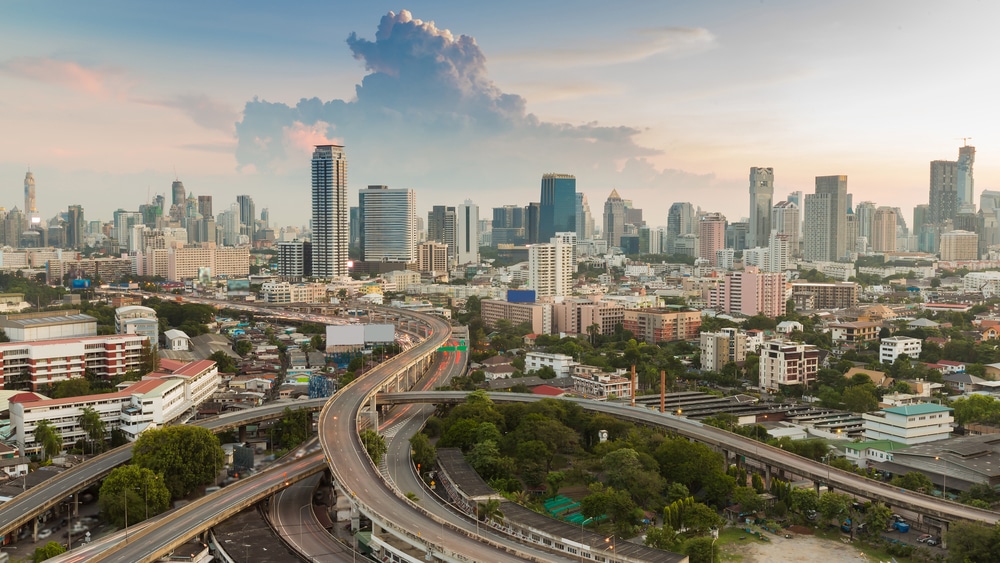
“I am eager to engage in discussions with the government to explore our potential to attract foreign revenue to the capital,” Chadchart emphasized, underscoring the collaborative approach being pursued.
Additionally, the BMA aims to collaborate closely with the Board of Investment (BoI) to promote this transformative initiative. Chadchart astutely observed the shifting landscape of foreign investment, noting that the trend is moving away from traditional industrial sectors towards the service, finance, startup, and innovation sectors—domains in which Bangkok is exceptionally well-equipped to provide support and foster growth.
“Bangkok is currently an attractive place to reside,” Chadchart affirmed, citing several contributing factors. These include affordable office spaces, a robust infrastructure of international schools, and world-class hospitals capable of serving the diverse needs of transnational company personnel.
Furthermore, Chadchart expressed a keen interest in engaging in discussions about pressing urban issues such as traffic congestion, strategic investments in new rail routes, and the proposed 20-baht fare cap with the new government. These dialogues, he believes, are pivotal in shaping the city’s future and ensuring that it remains a vibrant and dynamic metropolis.






